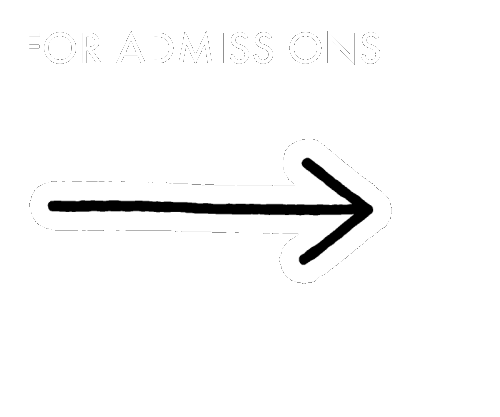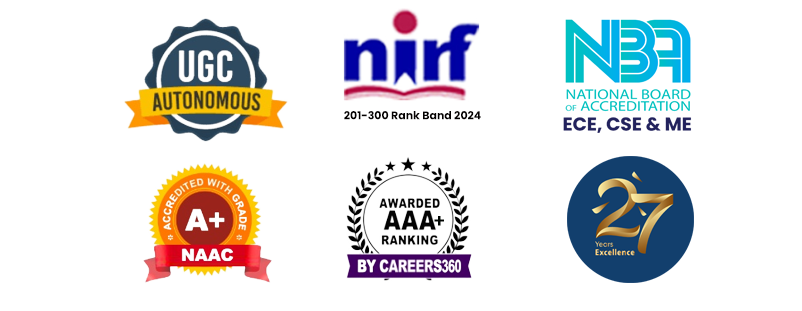
About EEE Department
The Electrical & Electronics Engineering (EEE) department was established in the year 1998 with a sanctioned intake of 60 students in B.Tech. Program. The intake was enhanced to 120 in the year 2009 and reduced to 60 in the year 2022. The department also offers post graduate program (M.Tech.) in Power and Industrial Drives (PID) started with 18 seats in the year 2004 and reduced to 9 in the year 2020. Our Engineering department aims to give students a fundamental understanding of electricity and use the knowledge to design and enable machines that run the modern world.
The department was twice accredited by NBA in 2009 and 2013. The faculty is well qualified, dynamic and experienced. The department is consistently achieving good academic results. The placement on the campus of the department is progressively increasing in autonomy. The department has strong research groups in Power Systems, Power Electronics, Control Systems and Renewable Energy.
| Program |
Type of program |
Duration | Strength | Year of Starting |
|---|---|---|---|---|
| B.TECH (EEE) | Full Time | 4 Years | 60 | 1998 |
| M.TECH (PID) | Full Time | 2 Years | 9 | 2004 |
The faculty members are having many research papers in peer reviewed reputed national and international journals and conferences to their credit. The department is having strong backup of qualified supporting staff to support the laboratory work.
Our faculty and staff prepare several students for inspiring careers in industries such as power and energy, automotive, manufacturing, aerospace, avionics and more. By the end of the four years, our students are equipped to become professionals, scholars, academicians, researchers, and entrepreneurs.
Our EEE course offers expertise in Electrical Machines, Power Electronics, Electrical Power Generation, Transmission and Distribution, Power System Analysis, Power System Operation and Control using computer Aided methods and more.
The department conducts regularly faculty development programs under the AICTE/NITTTR etc. for the benefit of faculty members. The aim of conducting these programs is to update the knowledge of all the concerned in the advanced
technological area. This is helping us in developing good interaction with industry and research and development laboratories of national repute.





